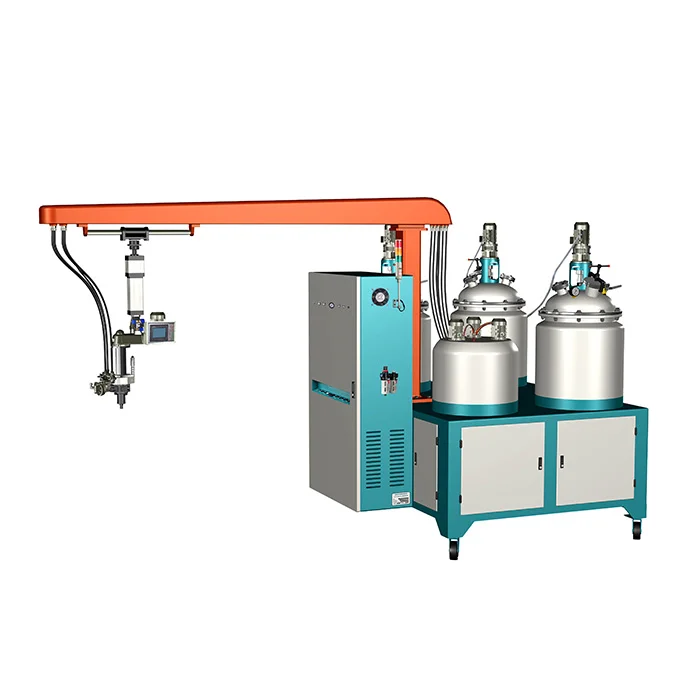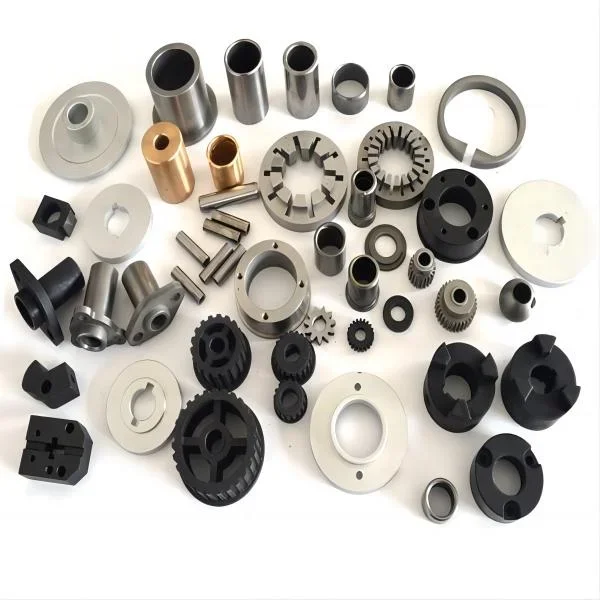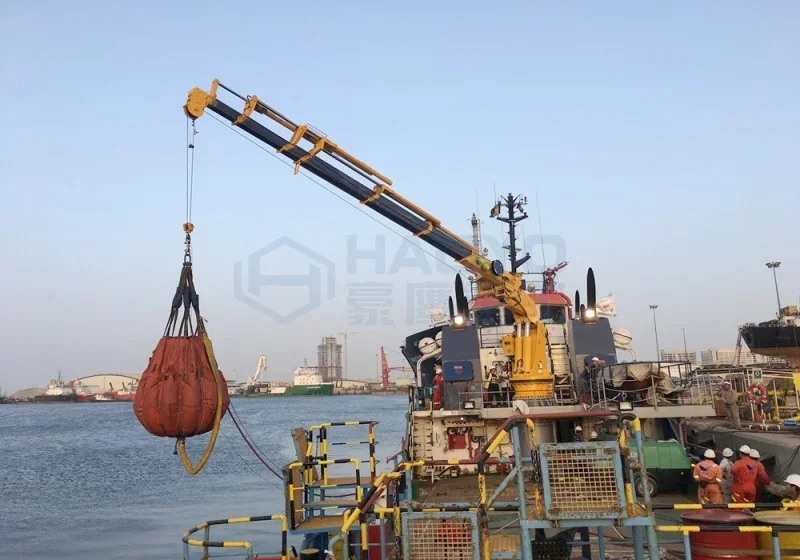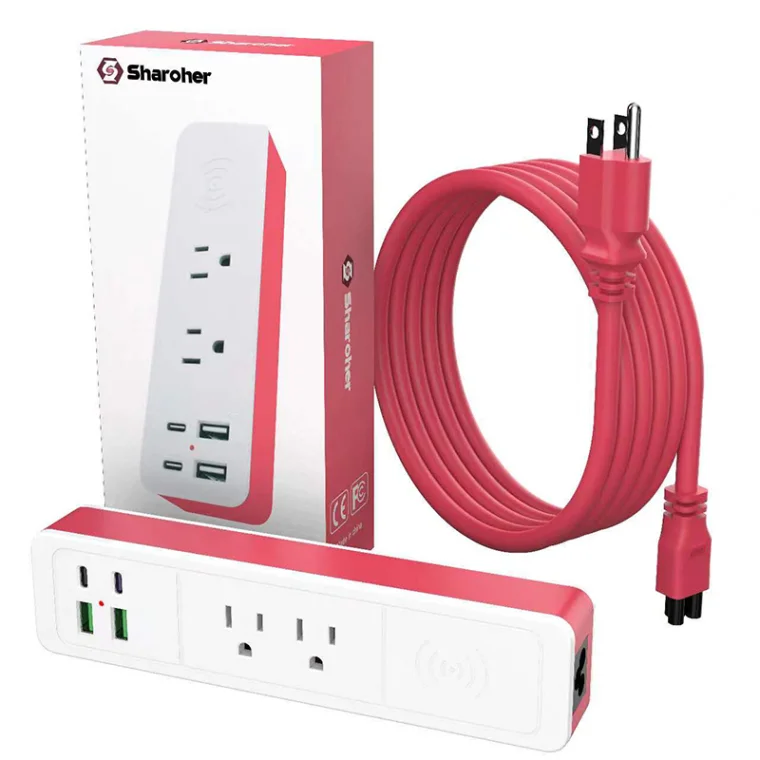When it comes to vehicle maintenance, one of the most crucial aspects is ensuring that your car is running smoothly and efficiently. A tune-up is an essential service that helps maintain your vehicle's performance, fuel efficiency, and longevity. However, many drivers are unaware of the specific signs that indicate their car is due for a tune-up. In this article, we will explore the various symptoms that suggest your vehicle may need this vital service, along with the underlying issues that could be at play.
Understanding the Importance of a Tune-Up
A tune-up typically involves a series of adjustments and replacements designed to optimize your vehicle's performance. This may include changing spark plugs, replacing air filters, checking fluid levels, and inspecting ignition systems. Regular tune-ups can prevent more significant issues down the line, ensuring that your car operates at peak efficiency and reducing the likelihood of costly repairs.
Signs Your Car Needs a Tune-Up
- Decreased Fuel Efficiency
One of the most noticeable signs that your car may need a tune-up is a sudden drop in fuel efficiency. If you find yourself making more frequent trips to the gas station without any changes in your driving habits, it could indicate that your engine is not operating as efficiently as it should. Common culprits include worn spark plugs, clogged fuel injectors, or a dirty air filter, all of which can hinder your engine's performance. - Engine Misfires or Rough Idling
If your engine is misfiring or idling roughly, it’s a clear signal that something is amiss. Misfires can occur due to faulty spark plugs, ignition coils, or fuel delivery issues. A rough idle can also be a sign of an air-fuel mixture imbalance, which can stem from a dirty throttle body or a malfunctioning mass airflow sensor. Addressing these issues promptly can prevent further damage to your engine. - Unusual Engine Noises
Strange sounds coming from your engine, such as knocking, pinging, or excessive vibration, can indicate that your vehicle is in need of a tune-up. These noises may be a result of improper combustion, worn engine components, or issues with the exhaust system. Ignoring these sounds can lead to more severe engine problems, so it’s essential to have them checked out by a professional. - Check Engine Light Activation
The check engine light is a warning system designed to alert you to potential issues within your vehicle. While it can be triggered by various factors, a tune-up is often necessary if the light comes on. Diagnostic tools can help pinpoint the exact cause, but common reasons include faulty spark plugs, oxygen sensors, or fuel system problems. If your check engine light is illuminated, it’s wise to schedule a tune-up as soon as possible. - Poor Acceleration and Power Loss
If you notice that your car is struggling to accelerate or feels sluggish when you press the gas pedal, it may be time for a tune-up. This lack of power can be attributed to several factors, including a dirty air filter, failing spark plugs, or issues with the fuel system. A thorough inspection during a tune-up can help identify and rectify these problems, restoring your vehicle's performance. - Excessive Emissions
An increase in exhaust emissions can indicate that your vehicle is not running efficiently. If you notice a strong smell of gasoline or see excessive smoke coming from your exhaust, it’s a sign that your engine may be burning fuel improperly. A tune-up can help address issues such as faulty sensors or clogged filters, which can contribute to higher emissions.
Conclusion: The Benefits of Regular Tune-Ups
Recognizing the signs that your car needs a tune-up is essential for maintaining its performance and longevity. By addressing issues early on, you can avoid more significant problems and costly repairs down the line. Regular tune-ups not only enhance your vehicle's efficiency but also contribute to a safer driving experience.





